To provide the best experiences, we use technologies like cookies to store and/or access device information. Consenting to these technologies will allow us to process data such as browsing behaviour or unique IDs on this site. Not consenting or withdrawing consent, may adversely affect certain features and functions.
The technical storage or access is strictly necessary for the legitimate purpose of enabling the use of a specific service explicitly requested by the subscriber or user, or for the sole purpose of carrying out the transmission of a communication over an electronic communications network.
The technical storage or access is necessary for the legitimate purpose of storing preferences that are not requested by the subscriber or user.
The technical storage or access that is used exclusively for statistical purposes.
The technical storage or access that is used exclusively for anonymous statistical purposes. Without a subpoena, voluntary compliance on the part of your Internet Service Provider, or additional records from a third party, information stored or retrieved for this purpose alone cannot usually be used to identify you.
The technical storage or access is required to create user profiles to send advertising, or to track the user on a website or across several websites for similar marketing purposes.
 When business operators are planning their company’s office, price is often chief among their priorities. Keeping the fixed cost of real estate low helps companies project—and increase—their expected income. Price is not just a consideration when it comes to rent; assets such as office furniture are often purchased en masse and for purely utilitarian reasons. Sure, a business is saving money by designing a no-frills, utilitarian office, which some Feng Shui experts would agree with, but what they are ignoring is how space affects productivity, motivation and enjoyment. More →
When business operators are planning their company’s office, price is often chief among their priorities. Keeping the fixed cost of real estate low helps companies project—and increase—their expected income. Price is not just a consideration when it comes to rent; assets such as office furniture are often purchased en masse and for purely utilitarian reasons. Sure, a business is saving money by designing a no-frills, utilitarian office, which some Feng Shui experts would agree with, but what they are ignoring is how space affects productivity, motivation and enjoyment. More →






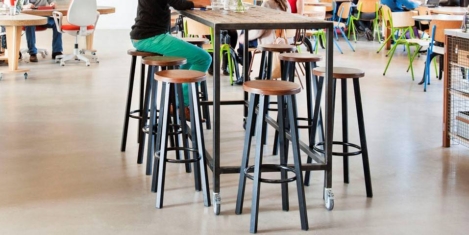
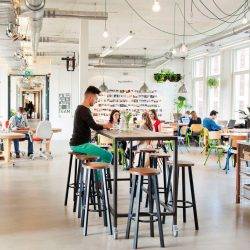



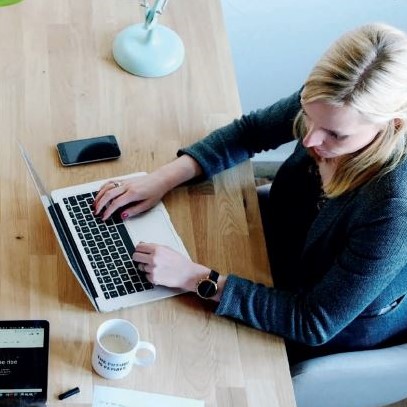 Professional bragging rights were once the preserve of top earners. Those with massive salaries, huge bonuses, and in some cases, even bigger egos. Money equals success – technology has shifted that long held view. Today flexible working, in terms of hours, location and role, has become an embraced reality and chief workplace priority. Technology has blurred the lines between work and life. The new “digitally native” workforce now expect a flexibility and access in every aspect of their lives. More than ever, work is seen as an adventure which is to be explored, rather than accepted.
Professional bragging rights were once the preserve of top earners. Those with massive salaries, huge bonuses, and in some cases, even bigger egos. Money equals success – technology has shifted that long held view. Today flexible working, in terms of hours, location and role, has become an embraced reality and chief workplace priority. Technology has blurred the lines between work and life. The new “digitally native” workforce now expect a flexibility and access in every aspect of their lives. More than ever, work is seen as an adventure which is to be explored, rather than accepted. 


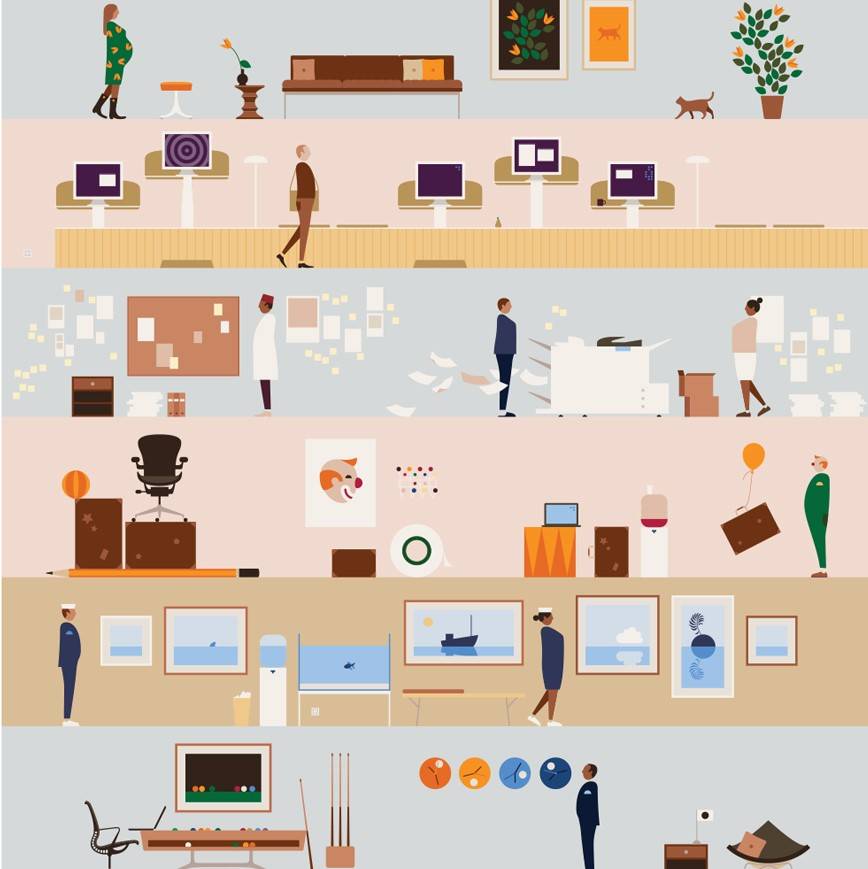

 UK employees have the longest working week compared to other workers
UK employees have the longest working week compared to other workers 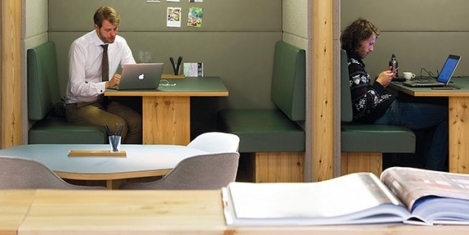
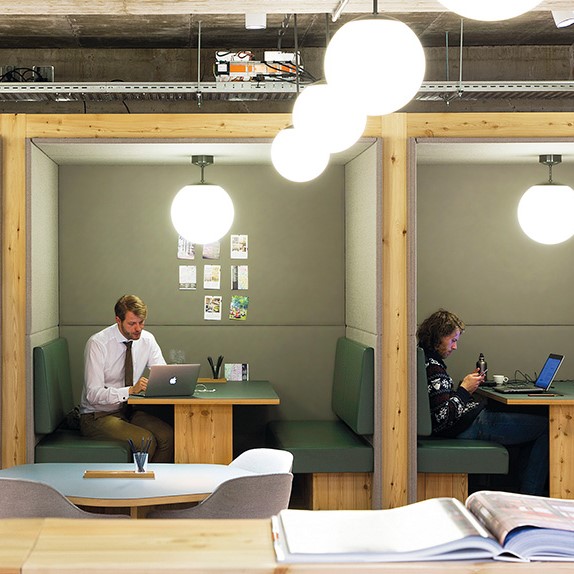



















July 5, 2019
Closing the gender pay gap needs more than final ideas of Theresa May
by Sarah King • Comment, Workplace